Dear Reader,
I’ve spruced myself up. Or my newsletter, anyway, it’s not time for my annual haircut. If you explore Voracious on the site itself rather than as an email you’ll see that it now has several headings at the top to categorise every post.
As an avid newsletter reader, I prefer to read posts on the site or in the app. But signing up to a newsletter with many previous posts can feel intimidating in terms of where to begin so I hope this makes navigation easier for you.
It’s been a month of rumblings and stirrings for writers across the globe. Here’s a selection:
PENCILS DOWN! Thousands of writers from the Writers Guild of America are currently on strike, a decision that almost 98% of the guild voted for. They’re striking against the financial insecurity of the way streaming services pay writers (slashing incomes compared to a decade ago), and the looming threat of Chat GPT. Many stars have joined the picket lines in support.
Related: This month I devoured Romantic Comedy by Curtis Sittenfeld, about a divorced thirty-something sketch writer for a late-night live comedy show and a gorgeous pop star. If you’re a weird blend of cynic/romantic like I am, you’ll have a lot of fun with this. I admired the risks Sittenfeld takes and loved seeing the creative process of a comedy show.YOU’RE DROPPED! This month New Leaf Literary Agency (USA) allegedly sent late-night emails to 45 clients informing them that as their agent had left the company, New Leaf would no longer represent them. The writers took to Twitter to express their shock. Some were out on submission or in the middle of contract negotiations but were given no assurances. In a more recent update from the Authors’ Guild, it’s been confirmed that those with works at any level of negotiation will be supported by New Leaf.
I felt compelled to tweet a message of solidarity, recalling an experience from seventeen years ago that felt like the end of the world.I acquired my first agent quickly and easily but within a year I was dropped. That was my dirty secret for years — you must be difficult to work with; a diva, a writer who couldn’t cut it. Signing with my second agent happened just over a year later and she got me my first book deal, for which I’ll always be grateful. By then I’d moved to Australia with no idea how long I’d stay. I wanted to write my way into this new place. After a while I realised that my agent and I had different goals and we said an amicable goodbye. Going solo felt like another thing I had to conceal — you’ve parted ways with two agents? You must be trouble . . . But for years I enjoyed my independence in a publishing landscape where it’s possible to make connections and sign deals without representation. Possible, but eventually exhausting. Recently I signed with a new agent and it has been so invigorating. I feel creatively aligned with her and thoroughly supported.
Of course, when you start out you want a smooth road, you want to show loyalty and have it returned. That happens for some authors but not everyone. We tend to hide it when it hasn’t been that way for us, as if the most important thing is an unblemished image. Is this especially true for children’s authors, I wonder? If so, that’s interesting when you consider what else has been going on this month in the world of children’s books . . . such as:HOW DO YOU SOLVE A PROBLEM LIKE DAVID WALLIAMS? Here’s a podcast episode called Beastly, the stories of David Walliams. It isn’t the full story, as many publishing people (mostly British authors, booksellers and agents) on Twitter were hoping it would be, but it could form the basis for an overdue conversation about celebrity children’s books — and this celebrity in particular — if we’re ever brave enough to have it. (I won’t hold my breath.)
NOT NOW, BERNARD! In Australia, far-right campaigner and political hopeful Bernard Gaynor has been trying to have the graphic novel Gender Queer, by non-binary author Maia Kobabe, removed from libraries. Sydney bookstore Kinokuniya paid to have the book classified by the Australian Classification board because they passionately believe that the book banning in the USA must not happen here. When the Classification Board reviewed the book and declared it “Unrestricted, with a recommendation for mature readers over 15 years” Gaynor appealed that decision, allegedly with his own funds of $10,000. He said in an interview with failed politician Lyle Shelton, “our public libraries in Australia are filling with pornographic children’s books”. In case you’ve never heard of Bernard Gaynor, he was sacked from the army for saying he didn’t want gay people teaching his children, he was dumped as a Queensland Senate candidate for Bob Katter, he’s best buds with anti-islam, anti-transgender rights campaigner Kirralie Smith, and in a since-deleted tweet this is what Bernard had to say about Brittany Higgins:
Meanwhile in America, regarding the historic wave of school book challenges, I read a tweet that said:
“11 individual people were responsible for 60% of all book bans”In May, for free subscribers:
#3 Children's Book Reading Notes: Penny Draws a Best Friend by Sara Shepard
I see Penny Draws as a series that recognises that coping with worry isn’t a one-size-fits-all thing. Sometimes you can snap out of a worry, or by-pass it by distracting yourself. Sometimes you can’t. Not every worry needs to be pathologised and worked through but it is very important to acknowledge and deal with worries that won’t go away no matter what you do.
For paid subscribers:
Both Emma Straub and Gabrielle Zevin have courted some controversy recently. These didn’t come up in the session but I’ve been pondering them.
Emma Straub also writes for children. Earlier this year some of her school visits were cancelled after a district in Texas raised concerns about the author swearing on social media.
[Claire] made a rousing call to notice structure — especially what you’ve got going on in the middle of your story. Fatten the middle, she said, make it big and juicy. One way to fatten it is with loss, she added rather magically. Rather than lavishing time on the beginning and being too eager to reach the end, pay greater attention to that middle.
As Charlotte lives half her life as Clare and half as herself, she grapples with that question we ask ourselves at puberty: what makes me me? Anxious as she is to not be discovered as an intruder in 1918, Charlotte struggles with how easily she slips into Clare’s skin and fools nearly everyone — and with how Clare does the same.
Elsewhere:
Writing
Maintaining my “make daily progress” writing challenge on my passion project is about to be put to the test because I’m dashing back to London for family stuff, in the middle of the structural edit of my next time-slip with Nova Weetman, working on new middle-grade and junior novels, and did I mention that I have low iron? Ha, just my little joke, I don’t know anyone who isn’t low on iron.Reading / Watching
I’ve indulged two literary crushes this month. The first was Penelope Farmer, most famous for her children’s classic Charlotte Sometimes. With difficulty I’d managed to get hold of the other two books in the Charlotte Sometimes series and this month I finally read them (hence the post on the trilogy).
Having only read Small Things Like These from Claire Keegan’s list, I read her story collection Walk the Blue Fields and her novella Foster. Everything I’ve read, I’ve loved, but Foster broke me. Messy sobbing.
My finger hovered on the adaptation of Foster, called The Quiet Girl (Australians, it’s here on SBS) but I couldn’t bring myself to go near those emotions again so instead I watched Shirley, starring Elizabeth Moss as Shirley Jackson, who finds inspiration for her next book after she and her husband take in a young couple.
I enjoyed it very much and it led to a bit of a deep-dive on Shirley Jackson. One of her children criticised the movie for not depicting her life accurately, for example by omitting her children and presenting her as slovenly and despondent, needing to be waited on hand and foot. “She did work hard,” her son Laurence said. “She was always writing, or thinking about writing, and she did all the shopping and cooking, too. The meals were always on time. But she also loved to laugh and tell jokes. She was very buoyant that way.” I’m currently reading her memoir about family life, Life Among the Savages.
Listening
A.M. Homes Reads Shirley Jackson’s “The Lottery”
An excellently chilling short story and surely the inspiration for The Hunger Games?
A Very British Cult, BBC Radio
A moving and thorough account of people getting sucked into a “coaching” organisation called Lighthouse.
The Fakes and Frauds series on The Book Show
This continues to be a great series on bookish scandals. It’s jaw-dropping what some people will do.
Please feel free to leave a comment or send feedback about any topic you’d like me to cover in Voracious.
Goodbye May; here’s to June. X
P.S. A note on subscriptions: the end-of-month nutshells will always be free to read and will not go into the archive. All the other free pieces are available for four weeks. Subscriptions are $5 per month or $50 per year. Founding member subscriptions come with a free zoom call or email exchange to discuss any aspect of your writing.


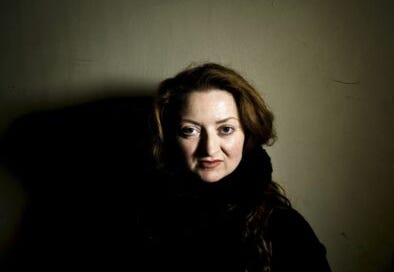


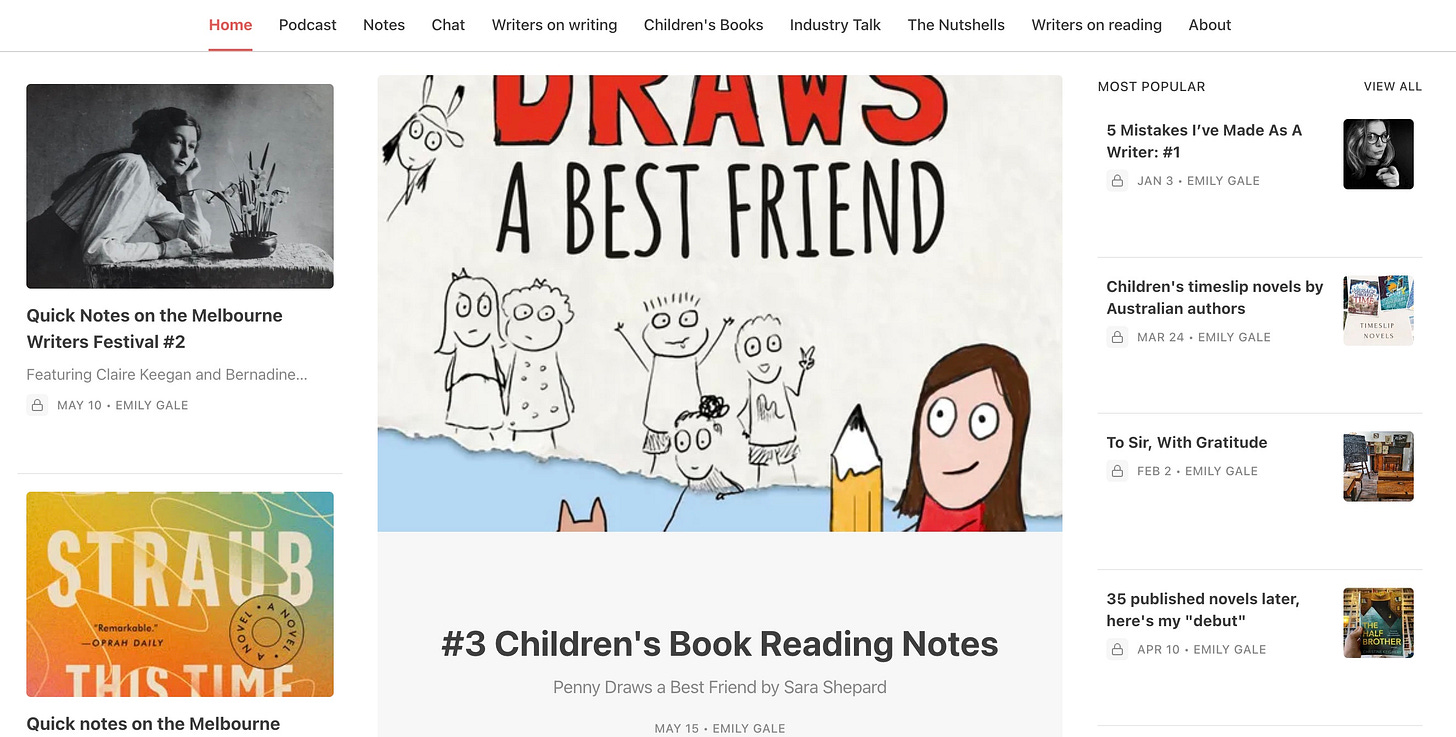
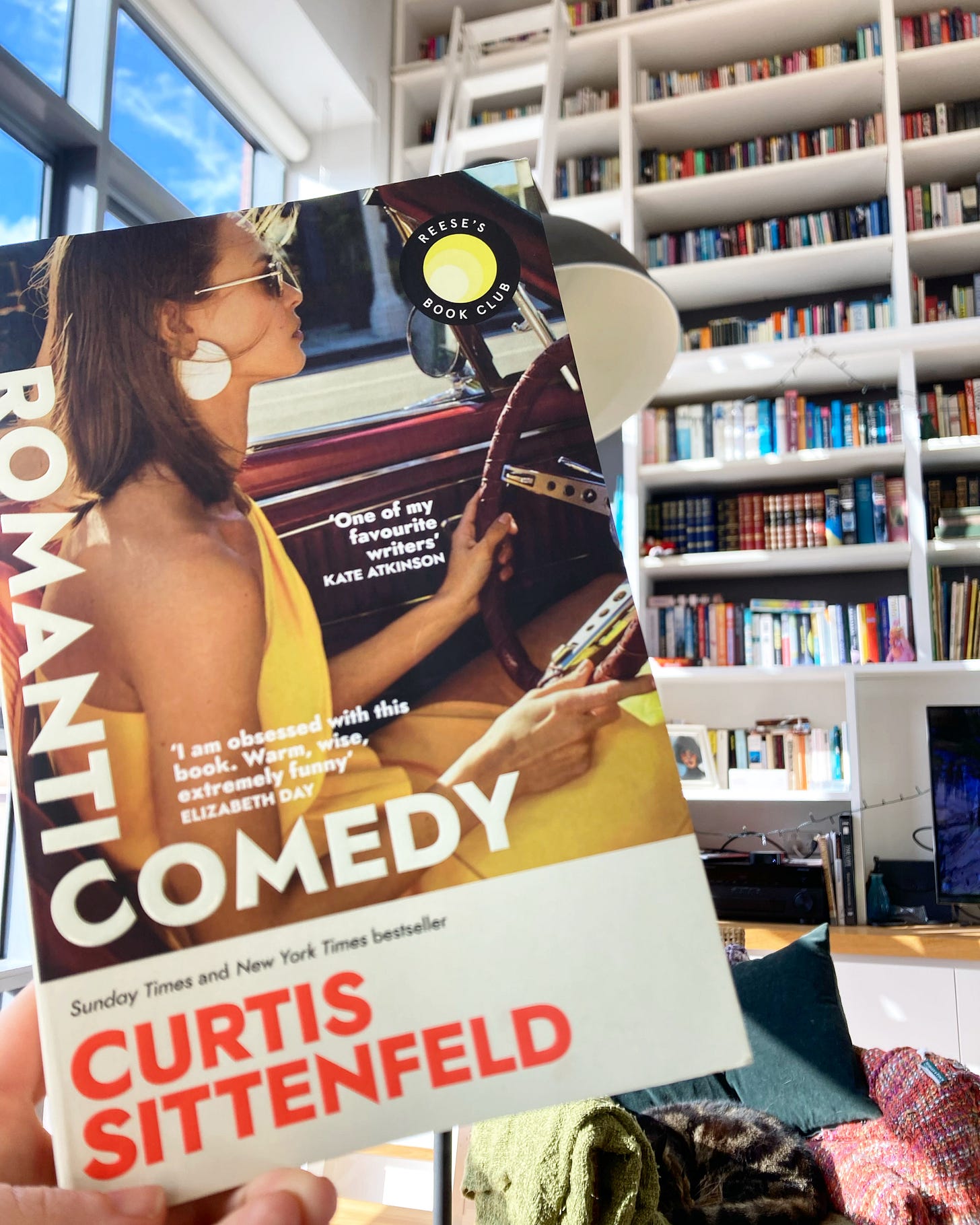
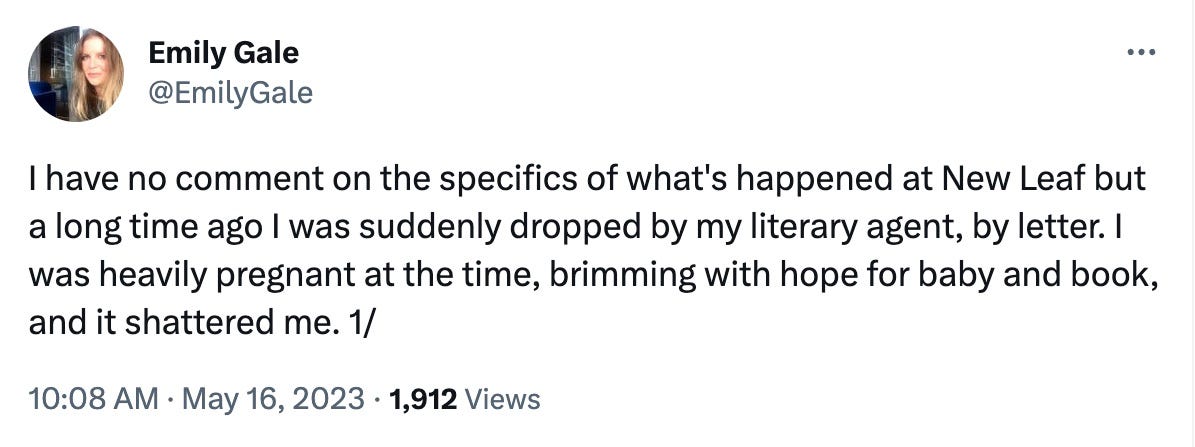
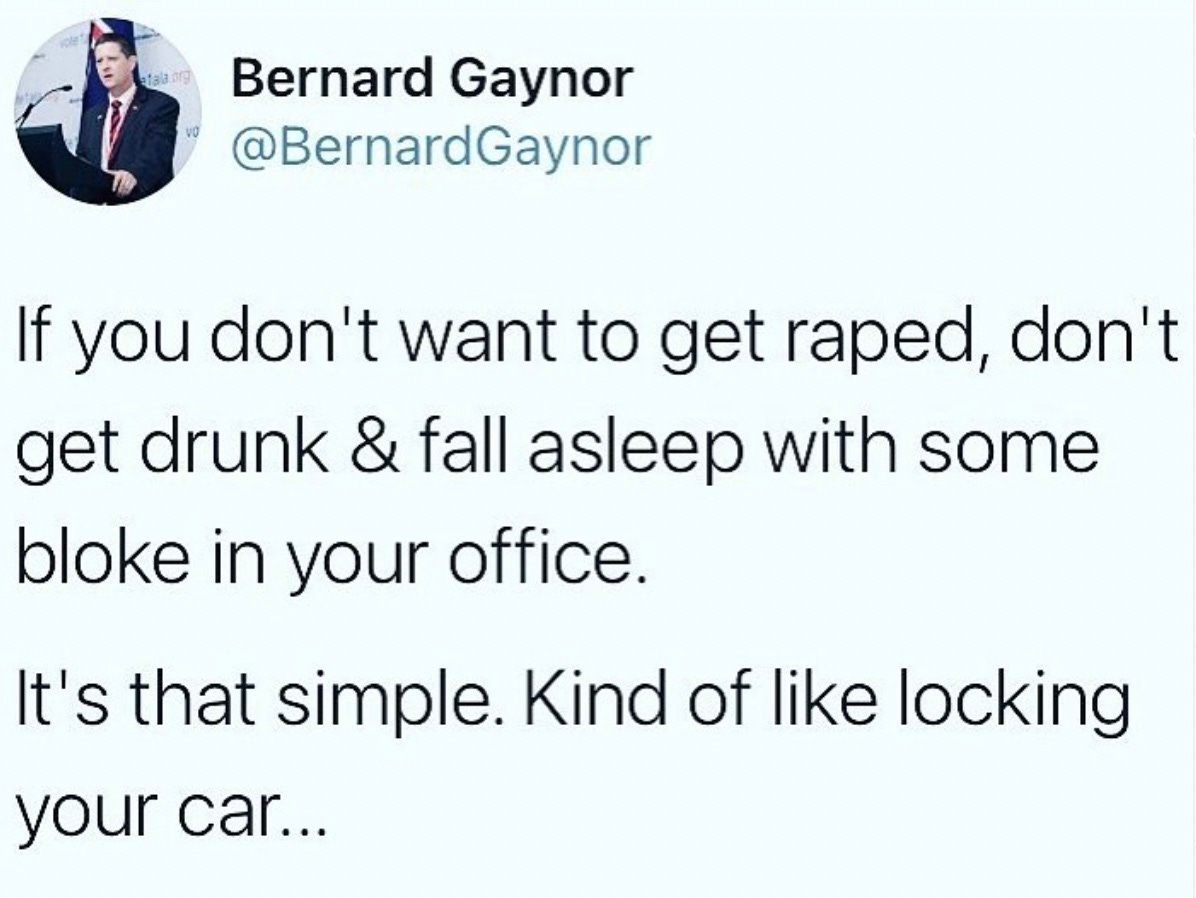
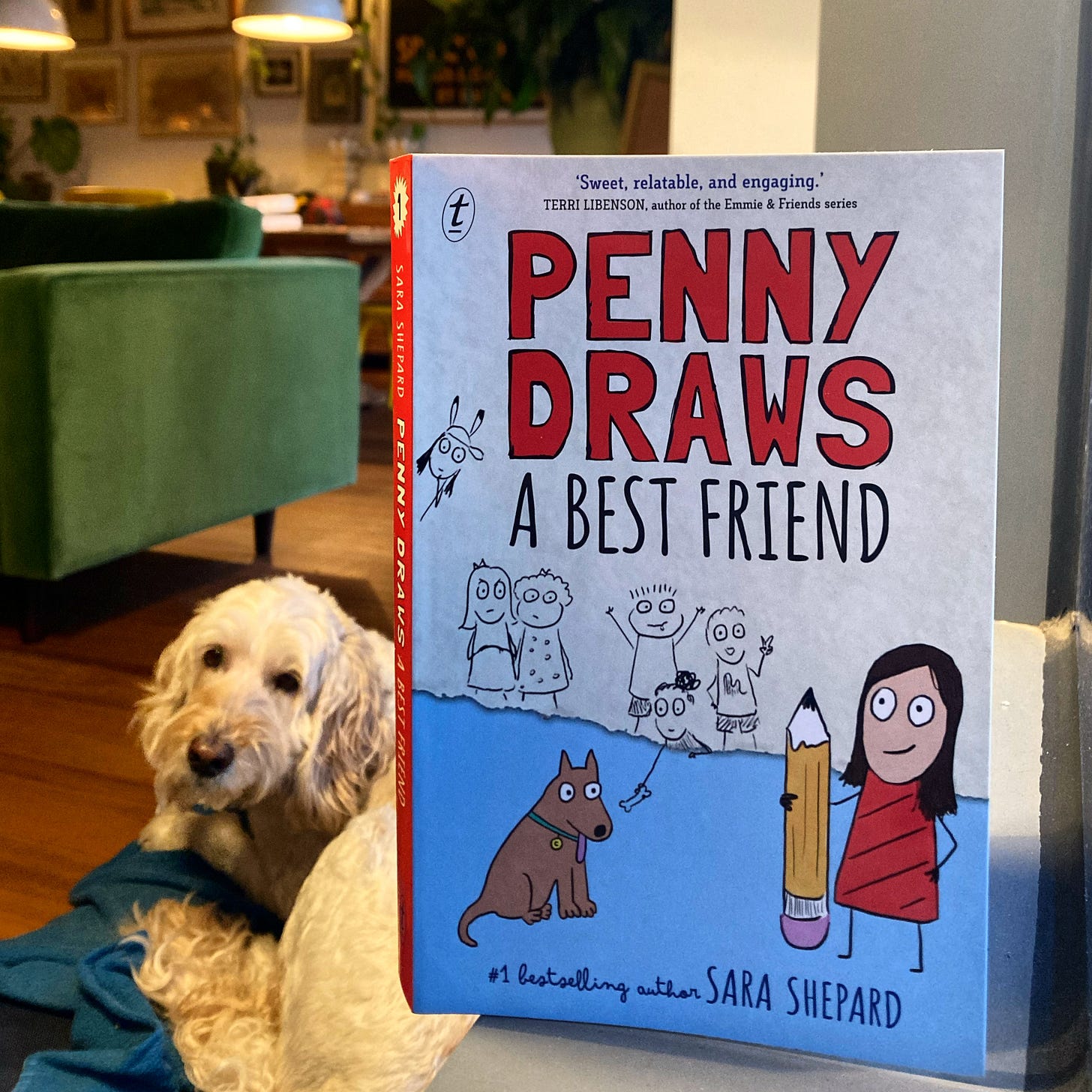
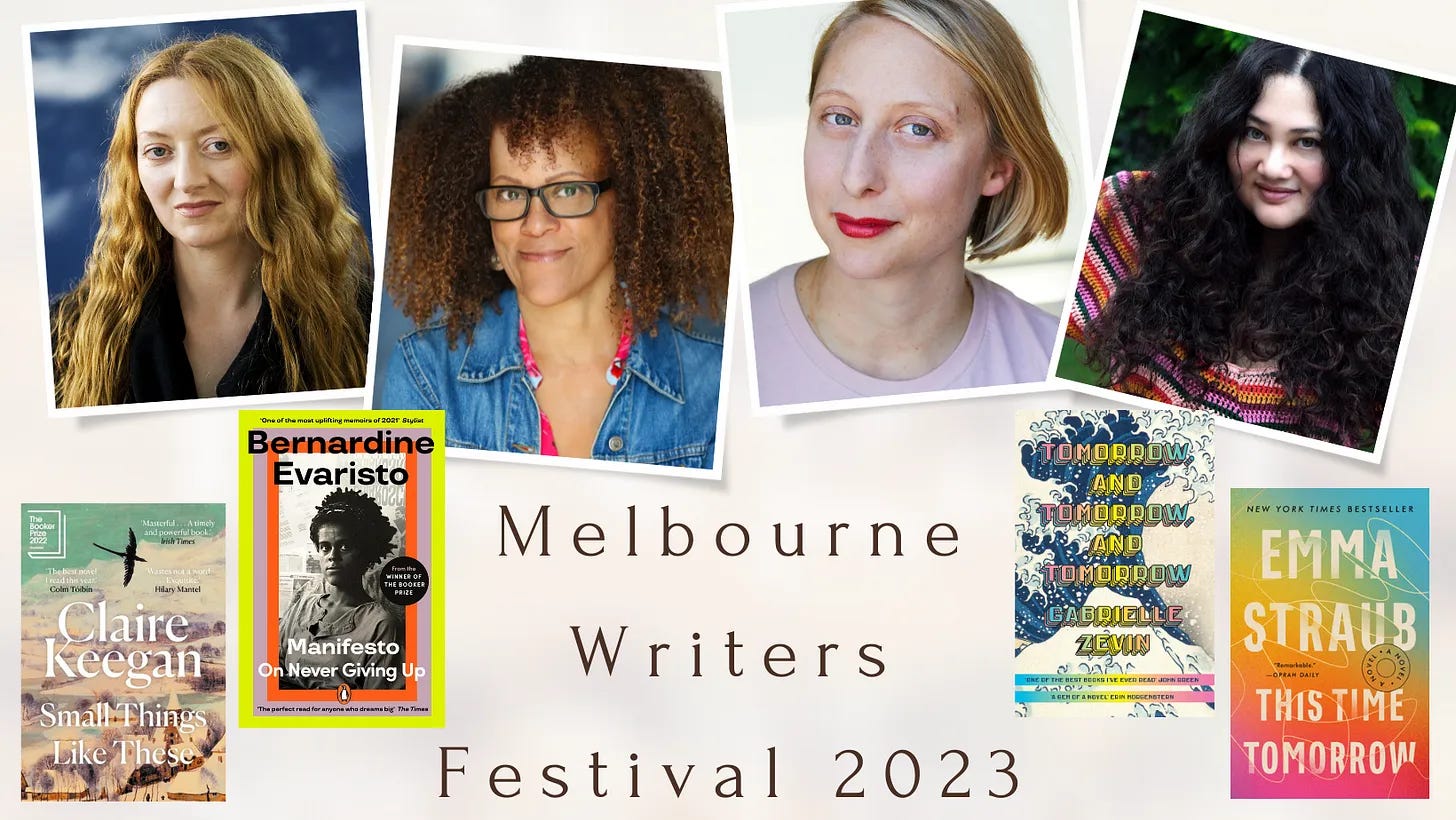
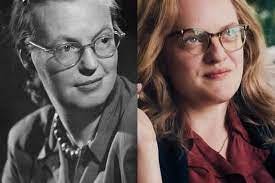
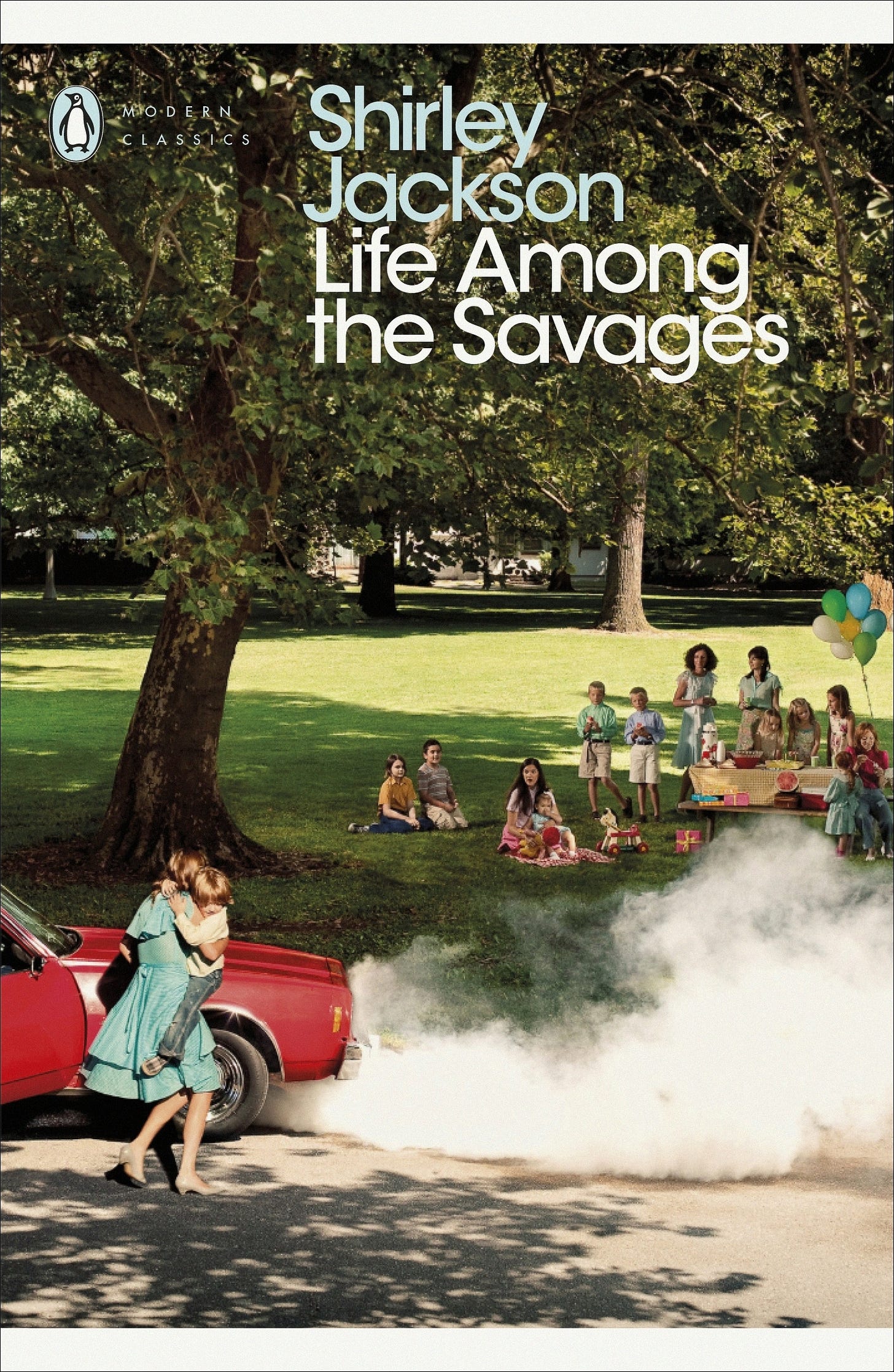
Hi Emily. Thanks for the link to the David Walliams podcast episode. He is a big seller in my store although not as popular as he use to be. I will have to make a conscious effort to recommend other titles with a sense of humor.
Hi Emily, on your Instagram recommendation I dove into Romantic Comedy and love love loved it. I’m an avid comedy watcher and really enjoyed the behind the scenes of a late night comedy show. I found the writing so accessible and the romance delightfully not cheesy. Thank you! Now to watch Shirley.